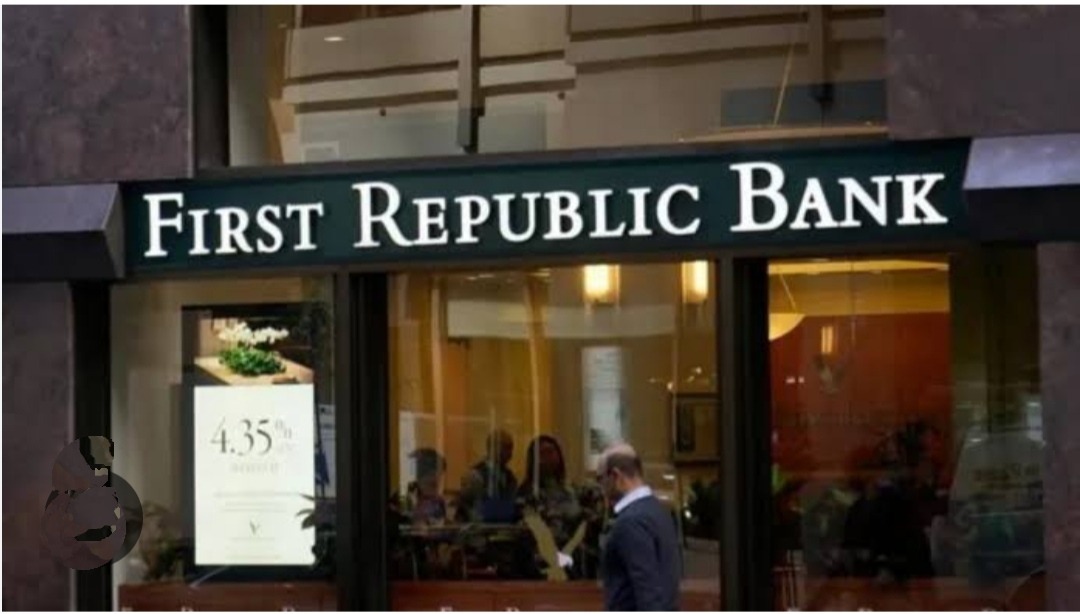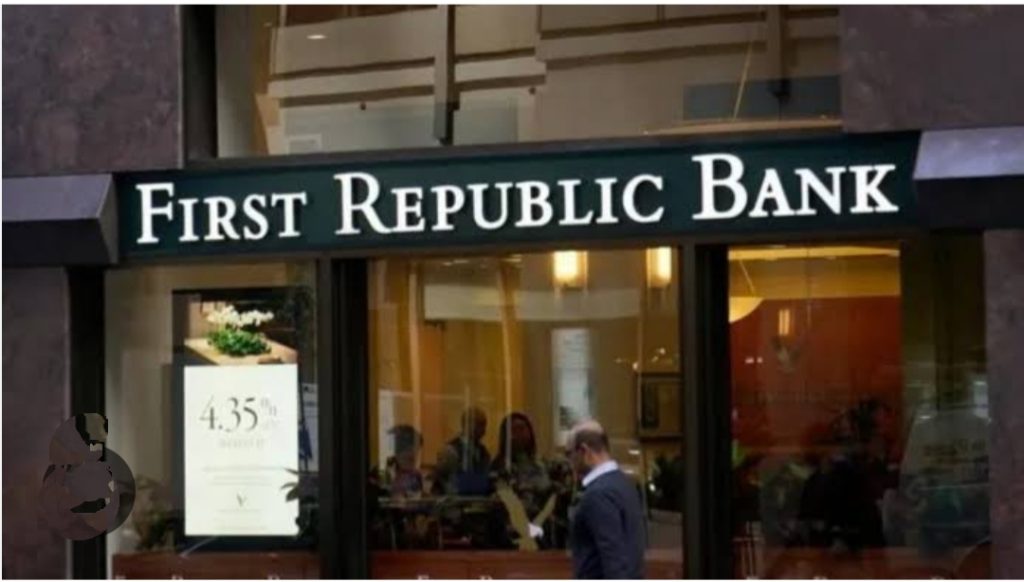The Federal Deposit Insurance Corp. received the assets of Philadelphia-based Republic First Bank, which state authorities shuttered on Friday night, according to a news release from the Federal Deposit Insurance Corp. Fulton Bank, situated in Lancaster, Pennsylvania, has recently acquired Republic Bank’s assets with immediate effect.

Depositors Of Fulton Bank
All deposits are also being assumed by Fulton. Regional lender Republic First Bank has locations in Pennsylvania, New Jersey, and New York. As of January 31, the company, which operated under the name Republic Bank, had about $6 billion in assets and $4 billion in deposits.
The 32 Republic Bank locations will reopen on Saturday as Fulton Bank locations. Depositors of Republic First Bank may begin accessing their money as early as Friday night through cheques or ATMs, according to the FDIC.
You can still use checks and Republic Bank debit cards if you have them. You ought to continue making your regular loan payments to Republic if you have one.
“Depositors of Republic Bank will become depositors of Fulton Bank so customers do not need to change their banking relationship in order to retain their deposit insurance coverage,” said the Federal Deposit Insurance Corporation.
Customers of Republic Bank should continue to use their existing branches until they receive notice from Fulton Bank that it has completed systems changes that will allow its branch offices to process their accounts as well.”
The FDIC claimed Fulton Bank’s acquisition of Republic First Bank was the least expensive option, but the bank’s failure is predicted to cost the deposit insurance fund $667 million.
Individuals who possess a bank account insured by the FDIC worth less than $250,000 are safeguarded, even in the event that their bank fails.
Why did Republic First Bank fail?
In 2024, the lender becomes the first American institution covered by the FDIC to fail. The Sac City, Iowa-based Citizens Bank was the last bank to fall in November 2023. Only four or five banks close annually on average in a robust economy.
The financial risks for many regional and community banks have increased due to rising interest rates and declining prices of commercial real estate, particularly for office buildings that are struggling with high vacancy rates after the epidemic.
Refinancing outstanding loans backed by depreciating properties is difficult. In order to save New York Community Bancorp, which has been struggling financially, an investor group led by Steven Mnuchin—the former U.S. Treasury secretary under the Trump administration—agreed to contribute more than $1 billion last month.



